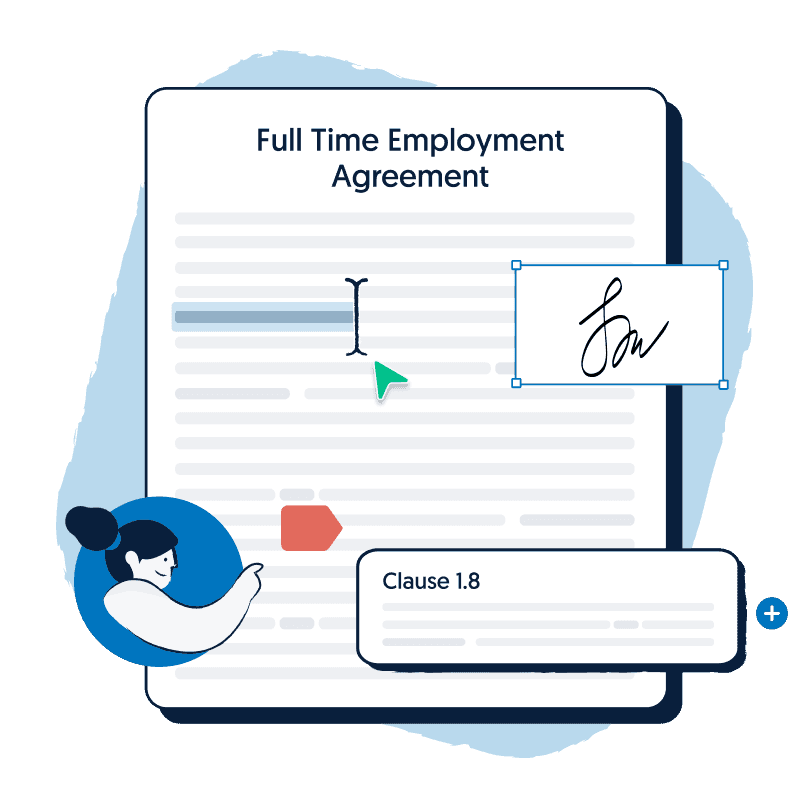It is widely believed that an employee on maternity leave cannot be dismissed. However, this is not true for Australian businesses. Employers can dismiss employees who are on maternity leave as long as it is not an unfair dismissal. Moreover, the employer needs to pay the employee for their notice period instead of them working. This is because an employee on maternity leave will not be able to work for this period. For example, if they are entitled to a 3 week notice, they will be paid for it instead of the employee working the notice period. These employees can be dismissed on the grounds of redundancy. However, there are a number of reasons why employers cannot dismiss such employees.

Get your Full Time Employment Agreement legal document for free.
Redundancy
In the case of Lai v Symantec (Australia) Pty Ltd (2013), an employer had made his employee redundant whilst she was on maternity leave. She sued him on the grounds of unfair dismissal, claiming he dismissed her because she was pregnant. However, the employer’s evidence and documents proved that he had done this due to cost-cutting. There was nothing to suggest that he had terminated her employment due to her pregnancy. The employer must pay out all entitlements to the employee when redundancy occurs. Employers will have to consult all enforced awards and agreements before making major changes to the workplace. If these changes impact an employee already on leave, the employer must inform them immediately. They should not wait until the employee is back from their leave.
When you cannot dismiss an employee on maternity leave
There are many reasons why you cannot dismiss an employee on maternity leave. These include if they are:
- Responsible for family or caring responsibilities
- Pregnant
- On maternity or parental leave, or
- Temporarily absent from work due to illness or injury
A dismissal on these grounds can be considered discrimination. Therefore, a case of unfair dismissal may result. You can still dismiss a pregnant employee as long as the reason is unrelated to their pregnancy. It is vital that you provide them with a written reason of why you are dismissing them. Essentially, you can sack an employee on maternity leave for the same reason as any other employee. For example, you can sack an employee if you catch them stealing company goods. However, you should be careful when firing an employee due to poor performance. This is because their pregnancy may impact their work and this must be considered in your reason. If you do have a valid reason to dismiss an employee on maternity leave, you may do so.
Don’t forget
An employer can dismiss an employee on maternity leave if they have a valid reason to do so. Such a reason could include if the employee has acted unethically and for reasons that comply with awards and agreements. However, your reason cannot be related to the employee’s pregnancy as this will amount to an unfair dismissal. Employees on maternity leave can be made redundant too as long as it has nothing to do with their pregnancy. Contact an employment lawyer for more information.

Get a fixed-fee quote from Australia's largest lawyer marketplace.






